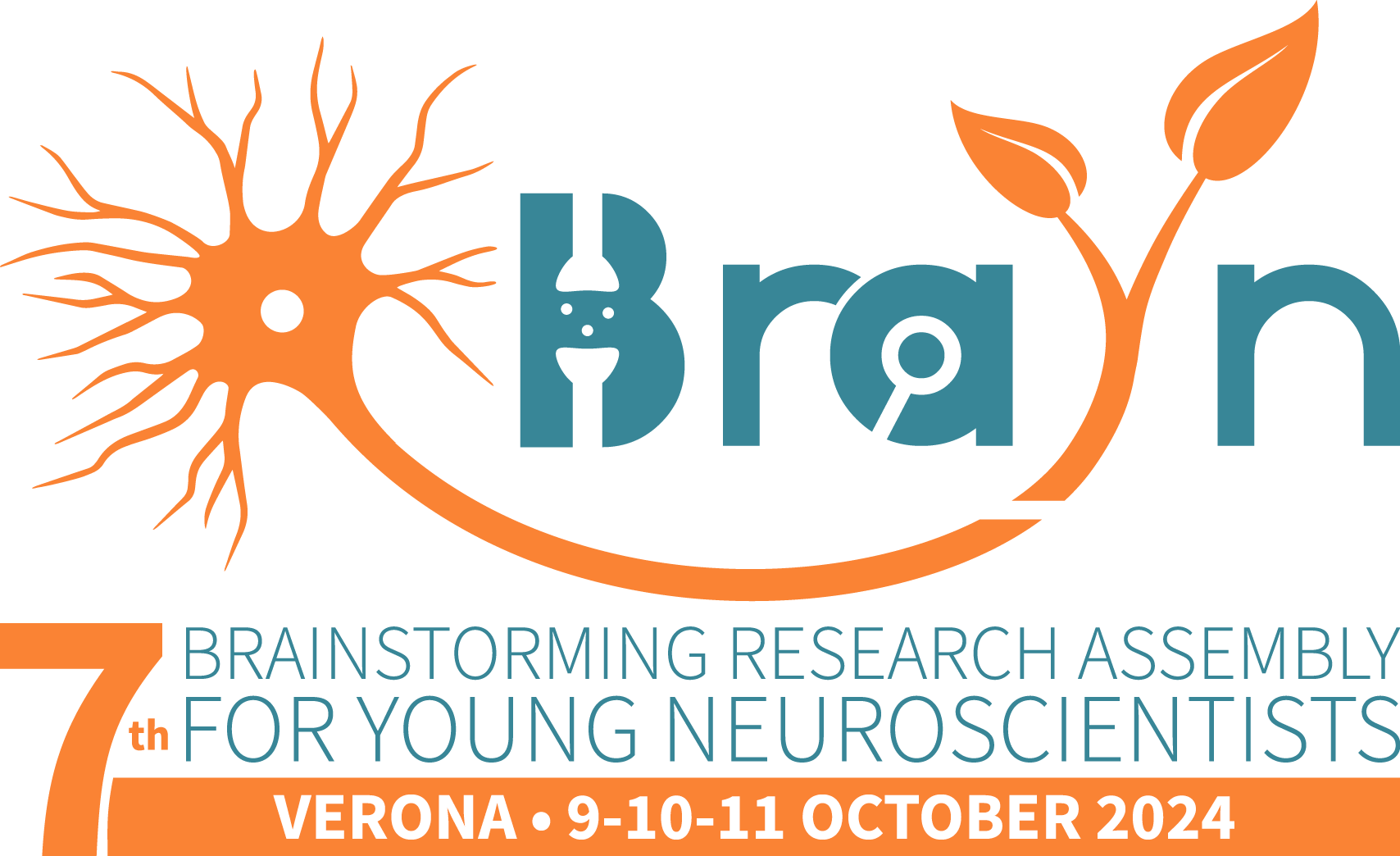Scientific Program & Book of Abstracts
SOON AVAILABLE
Invited Speakers
Click on the photo to see the biographical sketch
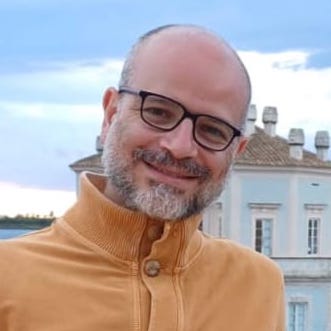
View Details
Domenico Arenella

Domenico Arenella
Biblioteca Medica P.G. Corradini - Azienda USL IRCCS di Reggio Emilia (Italy)
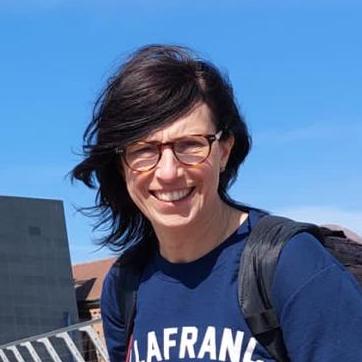
View Details
Maria Chiara Bassi

Maria Chiara Bassi
Biblioteca Medica P.G. Corradini - Azienda USL IRCCS di Reggio Emilia (Italy)
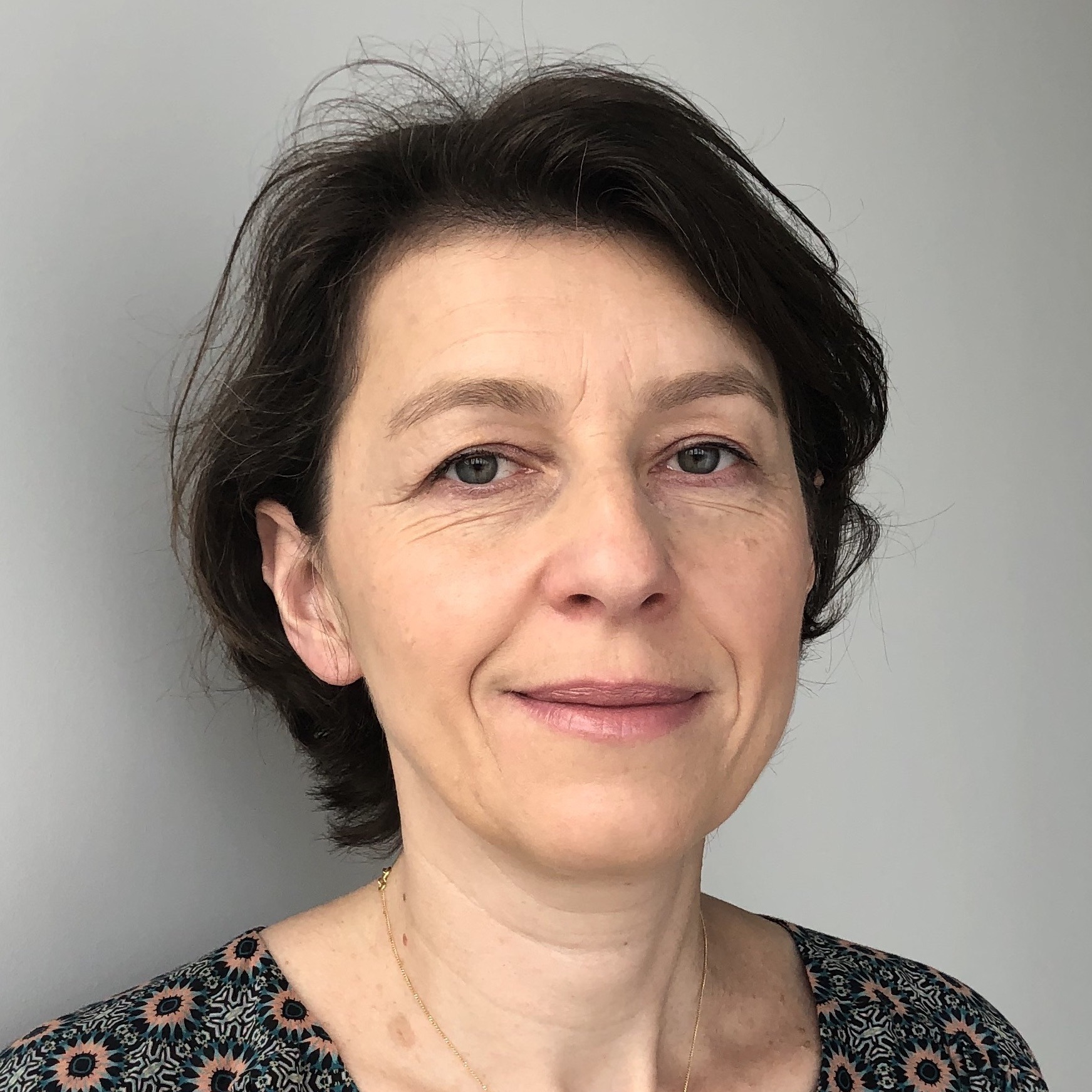
View Details
Séverine Boillée

Séverine Boillée
Paris Brain Institute - ICM, INSERM, Pitié-Salpêtrière Hospital, Paris (France) • Dr Severine BOILLEE was trained as a cell biologist and physiologist and received her PhD degree in Neurosciences, from the Paris XII University studying interactions between motor neurons and glial cells. She then moved to the University of California in San Diego (UCSD) and joined the group of Pr Don W. Cleveland, as a postdoctoral fellow. During her extensive postdoctoral research, she was implicated in defining the concept that motor neurons in Amyotrophic Lateral Sclerosis (ALS) do not die alone but their death is strongly influenced by interactions with the surrounding glia and immune cells. Dr. Boillee got hired as an assistant professor at the INSERM where she is now a research director/professor leading the Team “ALS causes and mechanisms of motor neuron degeneration” at the Paris Brain Institute – ICM at the Pitié-Salpêtrière Hospital / Sorbonne University, in Paris. Her current research focuses on the pathological interactions of microglial cells and peripheral macrophages with the affected motor neurons. The aim of her research is to dissect the toxic and protective components of these pathological neuro-glia interactions with the goal to define novel molecular pathways that could halt motor neuron degeneration and slow ALS disease progression. Dr. Boillee is a member of the scientific advisory board of the French ALS association (ARSla), of the European ALS association Fondation Thierry Latran, and the Health Sector rare diseases for ALS (FILSLAN). She is also on the editorial board of the journal “Neurology: Neuroimmunology & Neuroinflammation”. She received the “NRJ-Fondation de France” prize in 2011 and the “Fabrice Le Mouaher-FRM” Prize in 2022, for her research on ALS.
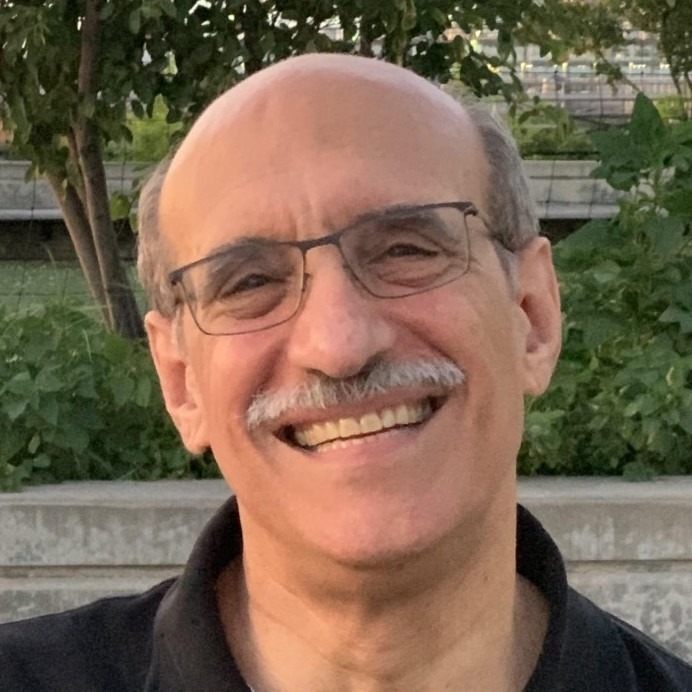
View Details
Martin Chalfie

Martin Chalfie
Department of Biological Sciences, Columbia University, New York (USA) •
Martin Chalfie, University Professor and former chair of the Department of Biological Sciences at Columbia University, shared the 2008 Nobel Prize in Chemistry for his introduction of Green Fluorescent Protein (GFP) as a biological marker.
He was born in Chicago, Illinois, but from the age of eight grew up in its northern suburb of Skokie, where he spent considerable time swimming and learning to play the classical guitar. He entered Harvard in 1965 with an interest in science, but by the time he graduated four years later, he had no confidence in his ability to do research and no clear plan for what to do next. After working for two years as a janitor, interviewer for an educational company, dress salesman, and high school teacher, he found himself working in a lab where, to his astonishment, an idea he had yielded publishable results. This success bolstered his confidence enough to apply to graduate school. He returned to Harvard where he obtained a Ph.D. in 1977 in Physiology with Robert Perlman. From 1977-1982 he did postdoctoral research with Sydney Brenner at the MRC Laboratory of Molecular Biology, Cambridge, England and then joined the Columbia faculty as an Assistant Professor in 1982.
As a postdoctoral fellow, Martin Chalfie and John Sulston established the first genetic model for mechanosensation using the nematode Caenorhabditis elegans. He and his lab at Columbia subsequently conducted molecular, genetic, and electrophysiological studies to understand the molecular basis of mechanosensory signaling and neuronal differentiation using C. elegans. His studies include work on neuronal degeneration, microtubule structure and function, neuronal outgrowth, the genetic control and maintenance of neuronal cell fate, and mechanosensory transduction and its modulation.
Dr. Chalfie is a member of the National Academy of Sciences and the National Academy of Medicine, a fellow of the American Academy of Arts and Sciences, and a foreign member of the Royal Society. He is a past president of the Society for Developmental Biology and current president of the American Society for Cell Biology. He also chairs the Committee on Human Rights of the National Academies of Sciences, Engineering, and Medicine.
Biographies often say what people did, but rarely what sustains them and makes them happy. For him this would be his wife, Tulle Hazelrigg, and daughter, Sarah. Both make him laugh, share their love, and keep him on his toes.
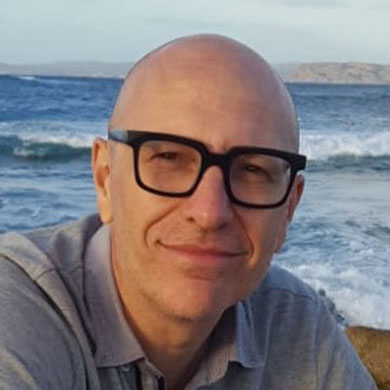
View Details
Alessandro Gozzi

Alessandro Gozzi
Functional Neuroimaging Laboratory, Istituto Italiano di Tecnologia, Center for Neuroscience and Cognitive Systems, Rovereto (Italy) • Alessandro Gozzi, PhD, is a senior scientist and director of the functional neuroimaging laboratory at the Italian Institute of Technology, in Rovereto, Italy. The Gozzi lab focuses on the study of the functional organization of the mammalian brain at the macroscale. A major goal of Gozzi’s research is to unravel the neural basis and dynamic organization of large-scale functional connectivity as measured with fMRI, and the underpinnings of its disruption in developmental disorders like autism. The Gozzi lab addresses these questions via the combination of cutting-edge functional MRI mapping with genetic and neural manipulations in the living mouse brain. This approach has laid the foundations for a new field of research in which large-scale neuroimaging readouts are used as probe of network activity and dysfunction across species.
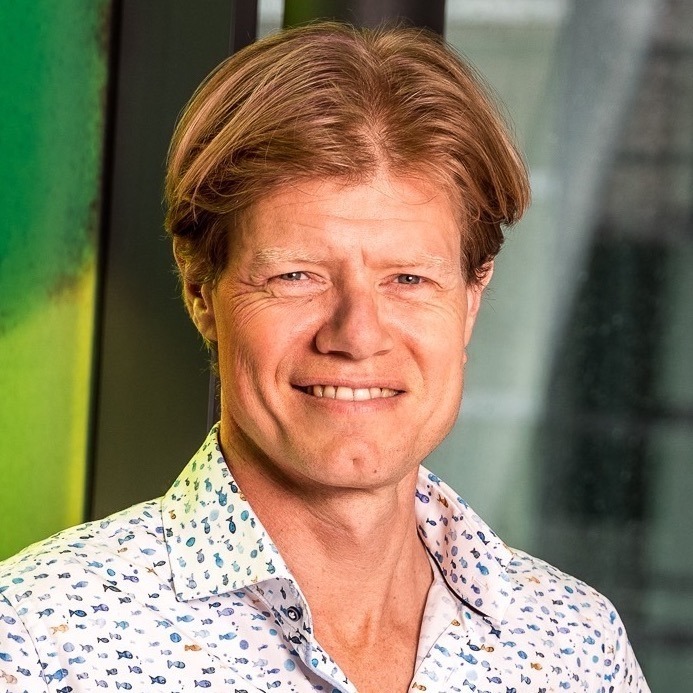
View Details
Christiaan Levelt

Christiaan Levelt
Christiaan Levelt Director of the Netherlands Institute for Neuroscience (NIN) of the Royal Academy of Arts and Sciences, endowed professor at the Center for Neurocognitive Research of the VU University Amsterdam, and head of the Molecular Visual Plasticity group at the NIN. His lab performs research on the role of inhibitory innervation in the regulation of plasticity in the developing and adult visual cortex. He obtained a M.Sc. degree in Medicine from Leiden University after which he performed his Ph.D. research at the Max Planck Institute for Immunobiology (Freiburg, Germany) in the laboratory of Prof. Klaus Eichmann where he discovered how successful recombination of T-cell receptor genes is signaled to developing T-cells. For this work he received a cum laude Ph.D. in Immunology from the Faculty of Medicine, Leiden University and the Otto Hahn medal for outstanding scientific achievements from the Max Planck Society. He then joined the laboratory of Nobel Laureate Prof. Susumu Tonegawa at the Massachusetts Institute of Technology (Cambridge, Massachusetts, US) where he studied antigen specificity during T-cell selection in the thymus. In the same laboratory he subsequently started studying molecular mechanism underlying synaptic plasticity. Shortly after, he moved to the Netherlands Ophthalmic Research Institute (NORI, Amsterdam) where he established the joint transgenic mouse facility of the NORI and Netherlands Institute for Brain Research (NIBR) and started his laboratory focused on molecular and cellular mechanisms underlying plasticity in the visual cortex. In 2006 he spent four months in the laboratory of Dr. Karel Svoboda at Cold Spring Harbor Laboratories to learn two-photon microscopy. He received various career development grants including a Cancer Research Institute fellowship and a Vidi grant from the Netherlands Organization for Scientific Research. Christiaan Levelt is initiator and (co)organizer of the biennial European Visual Cortex meetings. He has initiated and coordinated various consortia and collaborative projects funded by the EU, ZonMW and Eranet/NWO. He is actively involved in the organization of the Graduate School Neurosciences Amsterdam/Rotterdam (ONWAR) as chair of the Teaching Committee and is member of the ONWAR Directory Board. From 2019-2021 he was member of the management team of the NIN.
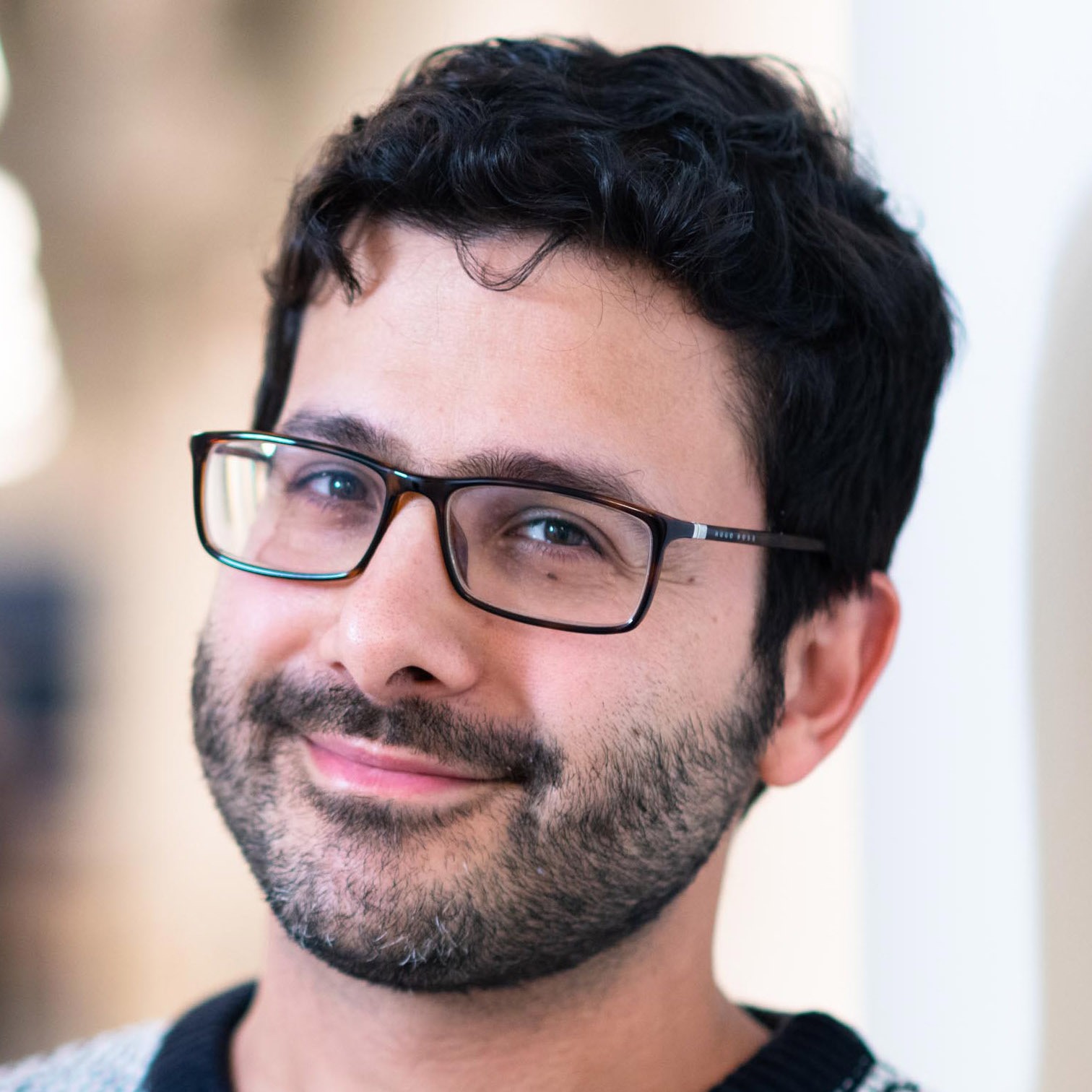
View Details
Kiavash Movahedi

Kiavash Movahedi
Brain and Systems Immunology Lab, Brussels Center for Immunology, Vrije Universiteit Brussel (Belgium) • Prof. Kiavash Movahedi is a full-time professor at the VUB, where he heads the Brain and Systems Immunology lab associated with the Brussels Center for Immunology. The Movahedi lab focuses on brain immunology and aims to understand how neuro-immune crosstalk shapes the healthy and diseased brain. The lab works on developing immune-centric therapies for neurodegenerative disorders and cancer and has a particular interested in brain macrophages, like microglia. In this regard, Prof. Movahedi was recently awarded an ERC consolidator grant focused on microglia engineering and replacement strategies as a new treatment paradigm for brain disease. Prof. Movahedi graduated as a bioengineer and obtained his PhD in bioscience engineering at the University of Brussels in 2010, supported by an aspirant fellowship from FWO. As an Alexander von Humboldt fellow, he then undertook postdoctoral training at the Max Planck Institute of Biophysics in Germany. In 2015, he returned to Belgium and started his independent research unit at the VUB. In 2020, he became a Collen-Francqui research professor at the Brussels Health Campus.
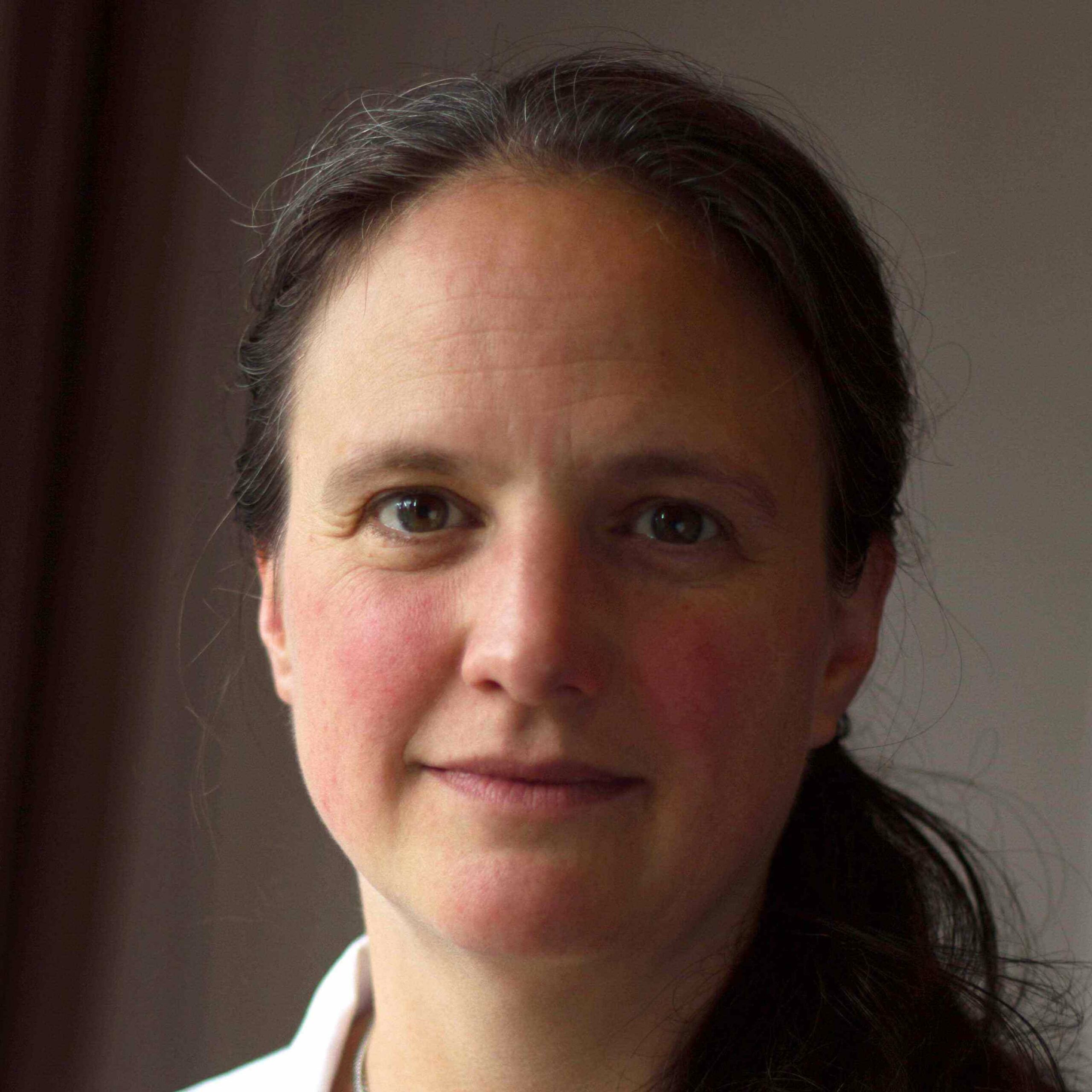
View Details
Stephanie Schorge

Stephanie Schorge
University College London, London (UK) • Stephanie Schorge has a long standing interest in how changes in ion channels contribute to development and potential treatments of neurological disorders. Her background in molecular biology and biophysics has recently enabled her to work with collaborators at UCL to develop a portfolio of gene therapy tools designed to modify neuronal excitability which are now progressing (slowly) towards first in human clinical trials. Stephanie completed her PhD at Brown University in the United States, and immediately moved to UCL in the UK, where she has been ever since. She has worked across multiple departments including the Institute of Neurology, the School of Pharmacy, and is now head of the Department of Neuroscience, Physiology and Pharmacology.
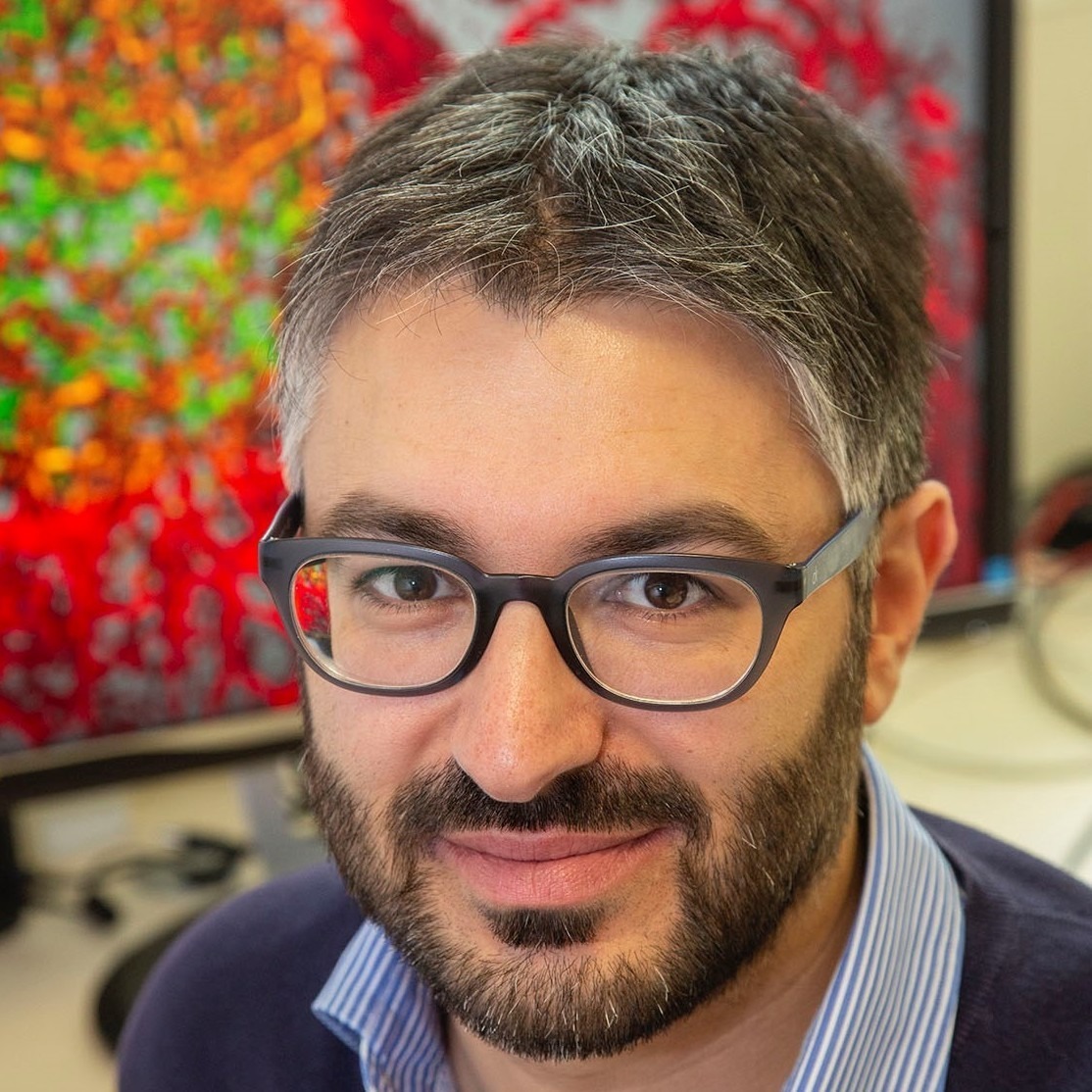
View Details
Giorgio Seano

Giorgio Seano
Institut Curie, CNRS, Paris-Orsay (France) • Dr. Giorgio Seano is currently the Head of the Tumor Microenvironment Lab at Institut Curie Research Center, Orsay-Paris (France). His scientific interests include cell plasticity, resistance mechanisms, tumor angiogenesis, vessel co-option, and the tumor microenvironment. He has published on top-tier journals such as Science, Cancer Cell, Nature Cell Biology, Nature Biomedical Engineering, Blood, Journal of National Cancer Institute, and Cancer Research. He received his PhD in “Complex Systems in Life Science” in 2010 from the University of Turin, Italy. During his PhD training and postdoctoral period in Italy, he (a) investigated tumor angiogenesis and integrins, (b) provided the first evidence of a new sub-cellular structure, the endothelial podosome rosette, which controls blood vessel branching during sprouting angiogenesis, and (c) developed the first ex vivo human knockdown angiogenesis assay. In 2012, he joined the laboratory of Dr. Rakesh K. Jain in Harvard Medical School (Boston) and focused his research on tumor microenvironment, brain tumors and intravital microscopy. Specifically, he investigated (a) physical forces from brain tumors and their effects on neurovascular functions and (b) vessel co-option in glioblastoma. Since 2018, Dr. Seano has led his own research group at the Institut Curie, Orsay-Paris. With prestigious grants from the European Research Council, Institut National du Cancer, Fondation ARC, and CNRS, he investigates how glioblastoma cell plasticity and the surrounding microenvironment respond to conventional therapies (radiotherapy, chemotherapy, and surgical resection), paving the way for improved treatment strategies.
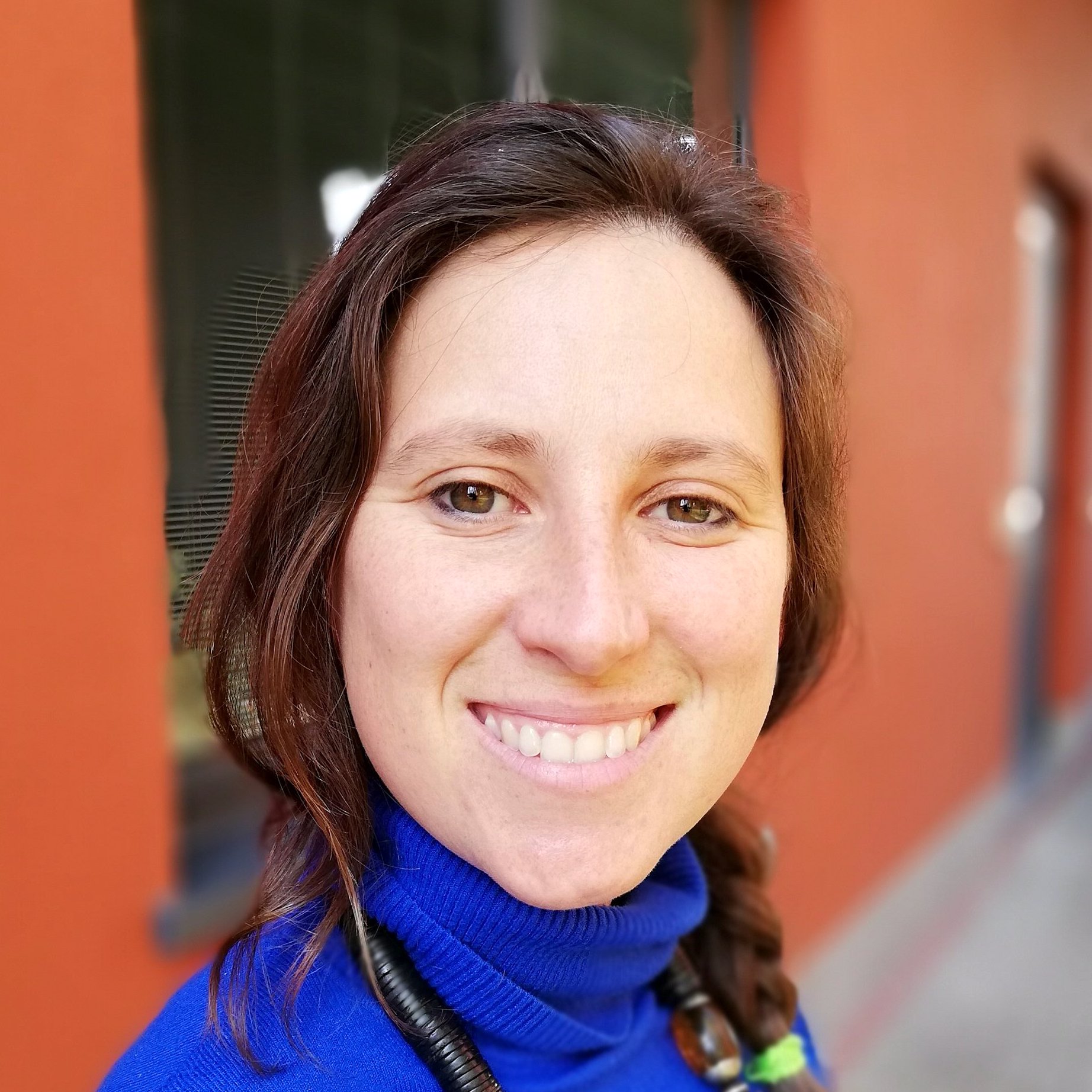
View Details
Bianca A. Silva

Bianca A. Silva
Institute of Molecular and Cellular Pharmacology (IPMC), Sophia-Antipolis (France) • Since the beginning of her career, Bianca was interested in understanding the neural basis of emotions. After obtaining a master degree in medical biotechnology at the University of Milan, where she studied oxytocin receptors, Bianca joined Cornelius Gross’ group at EMBL-Rome for her doctoral training. During her PhD, she investigated how the brain processes innate fear. Using chemogenetic manipulations she discovered that social and predator fear, two evolutionarily conserved and highly ethologically relevant stimuli, are not mediated by classic amygdalar fear circuits, but depend instead on distinct hypothalamic networks. Interestingly, this study revealed that fear is processed by separate circuits depending on the nature of the threat.
For her postdoctoral research she decided to move to a more translational aspect of basic neuroscience and investigated how long-lasting fear memories can be attenuated. She joined Johannes Gräff’s group at the Swiss Federal Institute of Technology in Lausanne (EPFL) with an EMBO postdoctoral fellowship. There, she used chemogenetics, optogenetics, functional connectivity analysis, calcium imaging and viral tracing and uncovered a thalamo-amygdalar circuit mediating attenuation of remote (i.e. 30 days old) but not recent (i.e. 1 day old) fear memories. From 2021 to October 2023, Bianca held the principal investigator position at the Italian National Research Council. She won a ERC starting grant in 2021 for the Ethofearless project.
Since November 2023, Bianca is a principal investigator at the Institute of Molecular and Cellular Pharmacology (IPMC), France.

